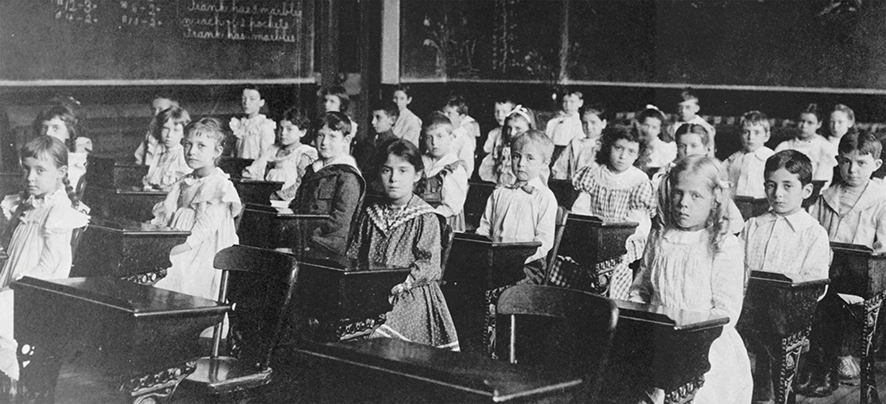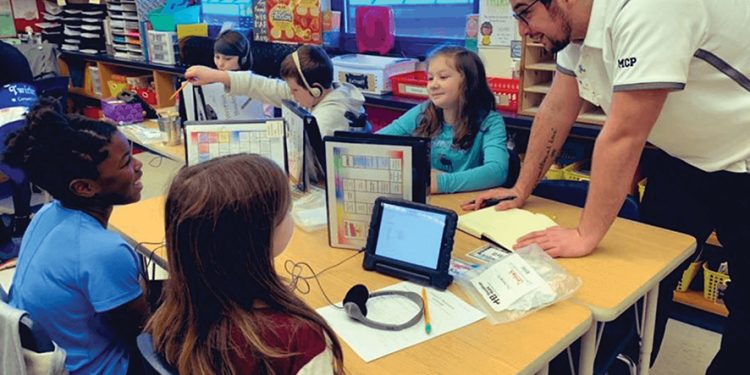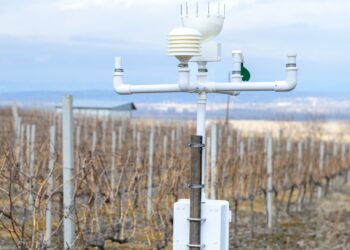The content, quality and level of human enlightenment has always depended on epochal changes in the civilized world, changes marked mostly by the industrial revolutions that made history of modern education. It all started in the ancient world of both occidental and oriental philosophers, who determined the initial parameters of human knowledge, which then meant progress. The Sakartvelo of ancient times was clearly in the vanguard of the then ongoing general process of accumulating overall human lore. This progress as such was certainly on-and-off, as history took its due course, but it happened anyway – in some cases very vigorously and sometimes at a snail’s pace.
The utility and goodness of knowledge totally depended on how big and how meaningful those changes were. The first industrial revolution took place between the mid-18th and the mid-19th centuries, and was based on the usage of steam and water power, which was a huge techno-scientific novelty of the time, all of a sudden seeing manual labor substituted by a machine. Just imagine the shock among society!
The second industrial (or technological) revolution, starting in the early 1870s and lasting until the beginning of the First World War, was the time of railroads and telegraph, when people and news began travelling faster.
The third industrial transformation, known to the world as the digital revolution, was the epoch of television and computers, belonging to the period of time after World War II came to an end.
The fourth industrial revolution is the child of our modern times of automation and data exchange in manufacturing technologies, when our virtual existence online has unrecognizably altered everything around.
Without a doubt, the contemporary education system in this country is faced with a number of serious challenges instigated by the fourth industrial revolution. In first place, education has become such a must, that an unusual surfeit of students has materialized compared to the available number of teachers to educate them. As a matter of fact, if Mankind produces enough teachers to build classes according to the most optimal educational standards, then most of us will have to be teachers by profession! It may sound funny, but it’s true.

On top of that, most of the educational programs are not very much oriented to the future, one of the corroborations of which is the ubiquitous lack of use of technology in the process. In a word, most of the modern world is using an outdated educational model and antiquated methodology of teaching, our own Sakartvelo included. If a student does not have access to the advantages and benefits of modern technological progress, their skills and talent will never make it to the point when knowledge becomes a commodity, easily exchangeable into money.
Generally speaking, education has a proclivity to lag behind real life, especially when the industrial progress is revolutionary and the means of acquiring relevant knowledge is obsolete. The solution here might be free access to self-education, on the one hand, and the presence of a highly qualified pedagogue on the other, one who has enough knowledge and experience to prompt a youngster not to wait for upcoming possible changes in text-books and to catch up with the progress independently from the available school programs.
It is said that learning at school is a boring activity. The answer here might be interaction, which means watching rather than reading and writing down. A student’s own motivation is just as important as the one prompted by a teacher, but it could be more fruitful when a good and well-prepared instructor knows how to motivate a child to look at the modern world through the eyes of those brilliant minds who shape progress. It is a huge challenge to give enough quality to education so that the time spent on enlightenment is not wasted.
The relevant modern education is another valuable product of our time, one which needs to be made flexible enough for our youth to easily imbibe all the new technological advancements, not letting the system be weakened or even paralyzed by outdated educational content and means of its proliferation. We cannot afford any longer to accept the system as it is. It has to be better!
Op-Ed by Nugzar B. Ruhadze














